Quang Ninh's specific targets for the digital economy in 2025 are: The proportion of the digital economy in each industry and field reaches at least 10%; the proportion of e-commerce in total retail sales reaches over 10%; the proportion of enterprises using electronic contracts reaches 100%. The whole province strives to gather 50 digital enterprises, of which at least 3 are start-ups, innovating and developing digital products and services; the proportion of small and medium enterprises using digital platforms reaches over 50%; the proportion of digital economic labor in the labor sector reaches over 2%; 100% of individual business households and enterprises have access to and have the capacity to use digital platforms. The further goal is that by 2030, Quang Ninh will upgrade the fixed broadband access network infrastructure, ensuring that 100% of users can access at speeds above 1Gb/s, and the 5G mobile broadband network will cover 100% of the population.

According to Mr. Pham Hong Bien, Director of the Quang Ninh Department of Finance, the digital economy is considered one of the new growth sources of Quang Ninh province. The goals for the digital economy are very clear, specific and also at a high level because Quang Ninh considers the digital economy a breakthrough to increase production value, improve growth quality, quality of life as well as the competitiveness of the province.
In the early stages, Quang Ninh has been a pioneer in the field of digital transformation in implementing professional work in public administration centers, one-stop departments and inter-connected one-stop solutions, and transactions on electronic environments. Quang Ninh people have used digital technology , digital technology, smartphones and smart technology very effectively. Remote areas, including the recessed areas of Quang Ninh have been covered... This is the foundation for Quang Ninh to develop the digital economy and digital society.
According to the Department of Science and Technology, the whole province has implemented cashless payments in 100% of essential services such as: Payment of pensions, social insurance benefits, social security, state budget collection, payment of electricity bills, payment of water bills, tuition fees, hospital fees, collection of fees and charges at the Public Administration Service Centers at the provincial and district levels, collection of cashless fees at parking lots and parking lots.
From January 1, 2025, Quang Ninh has promoted the collection of sightseeing fees by bank transfer and QR code scanning. By the end of April, the whole province had collected VND 226,199,670,000 (accounting for about 83.6% of total sightseeing fees) by bank transfer and QR code scanning. In the field of petroleum trading in the province, from the beginning of 2025 to now, it has collected over VND 4,000 billion (accounting for over 50% of total petroleum purchases and sales) by non-cash method.
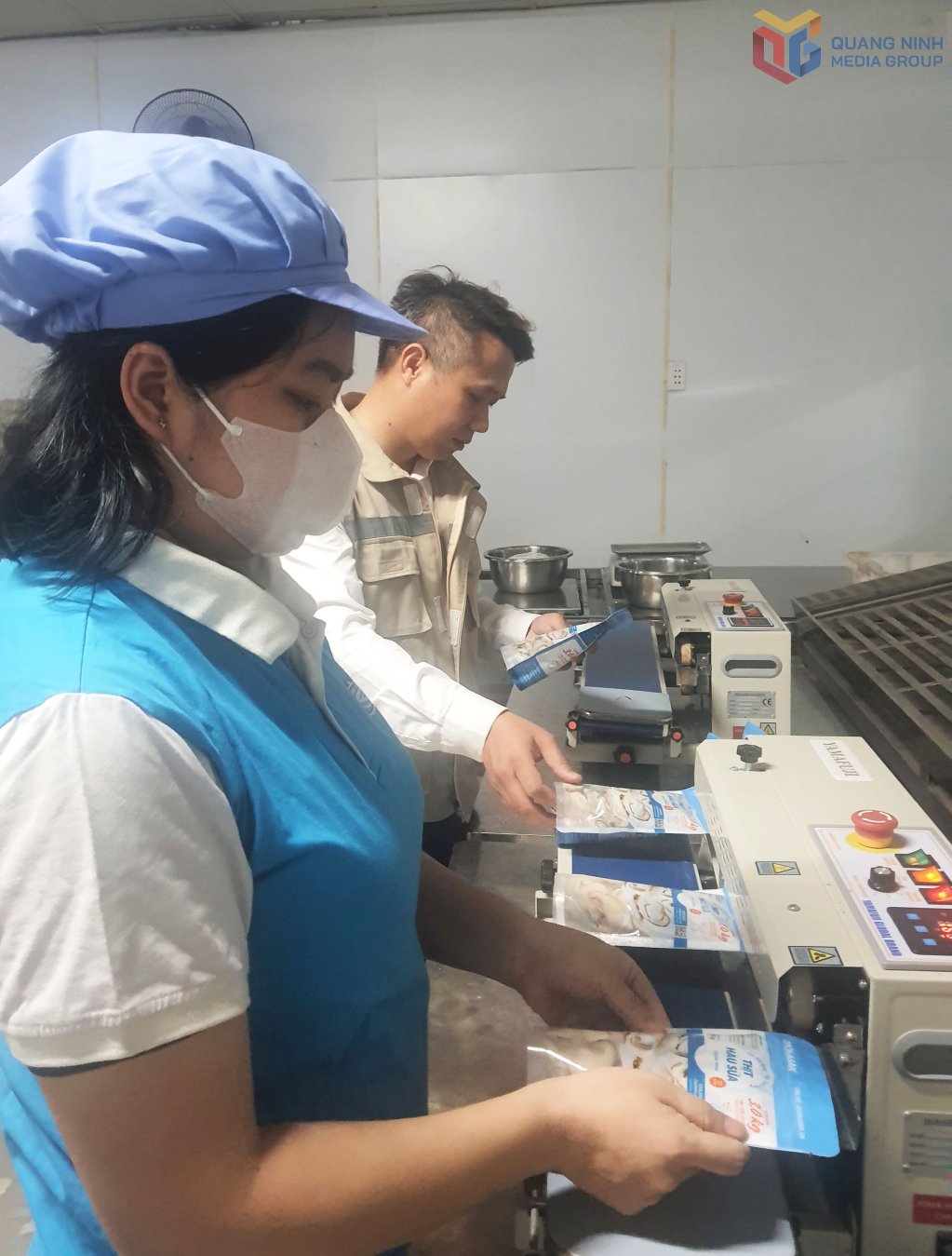
In 2025, Quang Ninh will implement the 4.0 market model. Currently, the whole province has 120/135 markets that have implemented the 4.0 market model as planned, including 22/22 class I markets, 23/23 class II markets and 75/90 class III markets. The rate of business households in the market accepting non-cash payment methods is an average of 86.3%, of which class I markets are 95.5%; class II markets are 92%; class III markets are 87.8%. Particularly, the central markets all accept payment of fees and make payment of electricity and water bills through non-cash payment methods.
Quang Ninh Provincial Public Administration Service Center has also coordinated with Viettel Quang Ninh and VNPT Quang Ninh to continue providing free digital signatures to people to submit documents via online public services. As a result, from the beginning of the year until now, 1,649 digital signatures have been provided free of charge to people, bringing the total number of digital signatures issued to 54,239, reaching 7.5% of the adult population.
In the education sector, currently 100% of educational institutions accept payment of tuition fees by non-cash payment methods, of which 86.45% of tuition fees of educational institutions in urban areas and 61.26% of tuition fees of educational institutions in rural areas are paid by non-cash payment methods.
Regarding electronic invoices, the Ha Long Bay Management Board has sold and controlled entrance tickets using electronic invoices for 821,178 visitors. A new feature since the beginning of the year is that Quang Ninh province has also issued electronic tickets to Co To Island, purchased electronic tickets, paid online on digital platforms such as mobile phones, websites, and issued tickets via QR code for Ao Tien International Port.
Quang Ninh province also pays special attention to developing digital economic models in industrial parks and export processing zones. About 60% of enterprises in these zones have applied digital platforms to management and production, helping to increase productivity and work efficiency, while protecting the environment.
Currently, continuing to promote the digital economy, functional units of Quang Ninh province are considering maximizing the application of digital and science and technology in local government management of socio-economic activities, needing to develop specialized industrial parks, apply digital technology, and innovate AI research.
Source: https://baoquangninh.vn/quang-ninh-quyet-liet-thuc-day-kinh-te-so-3358195.html







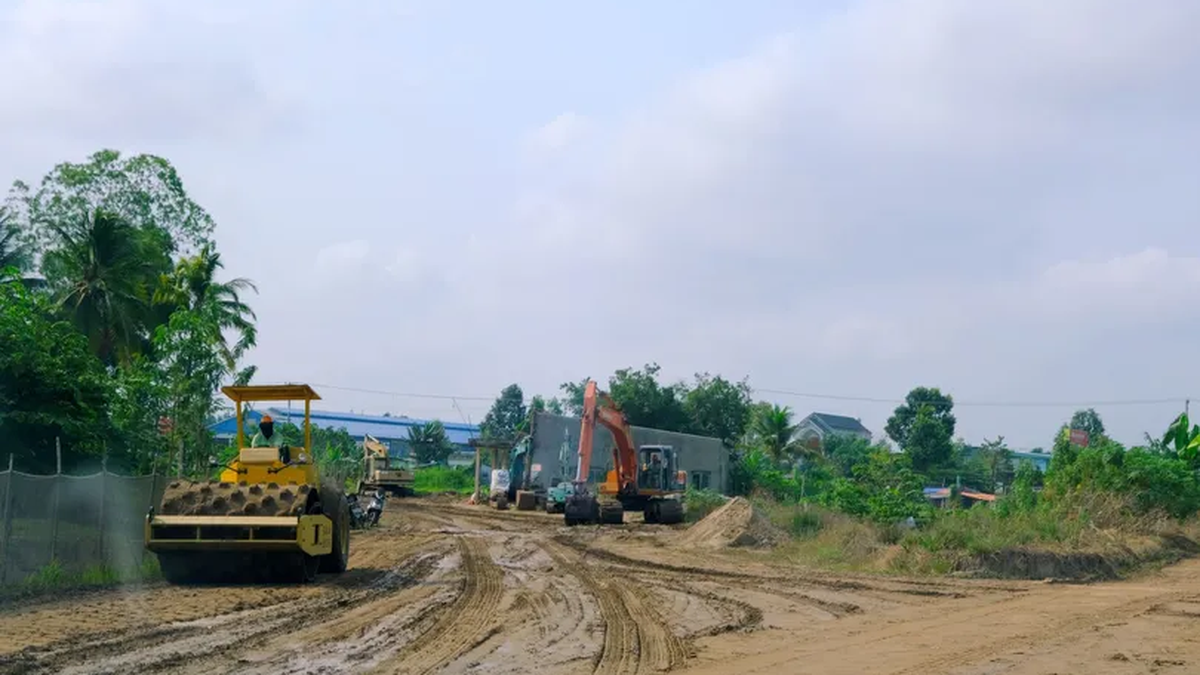

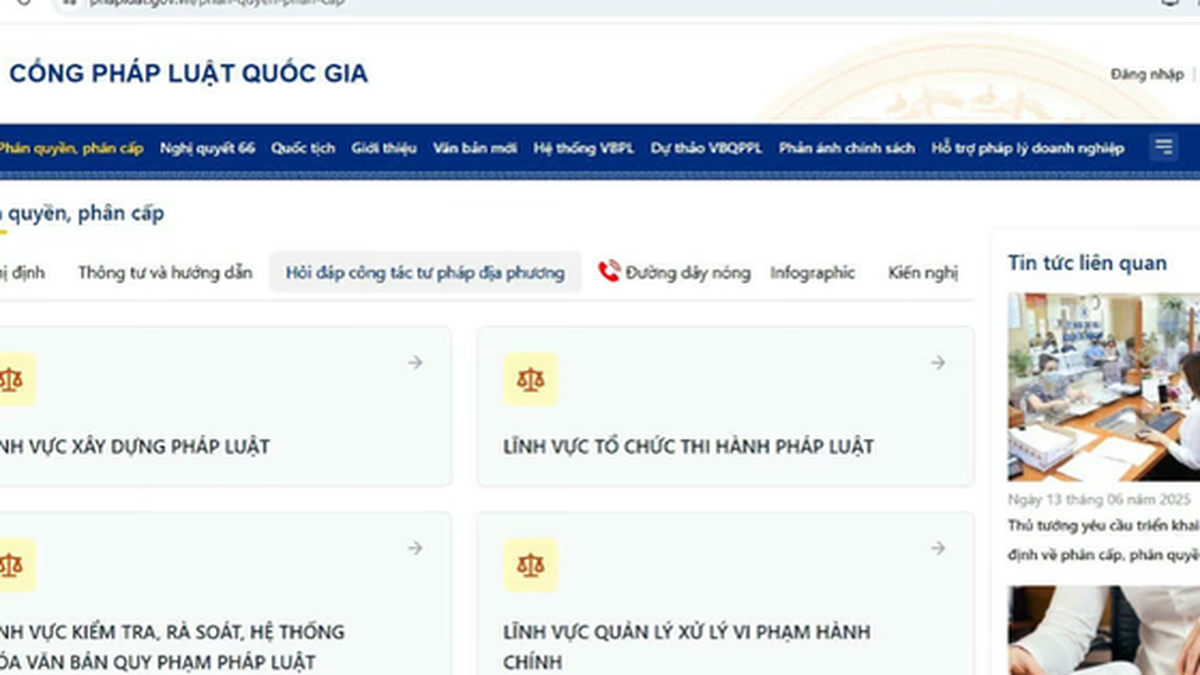
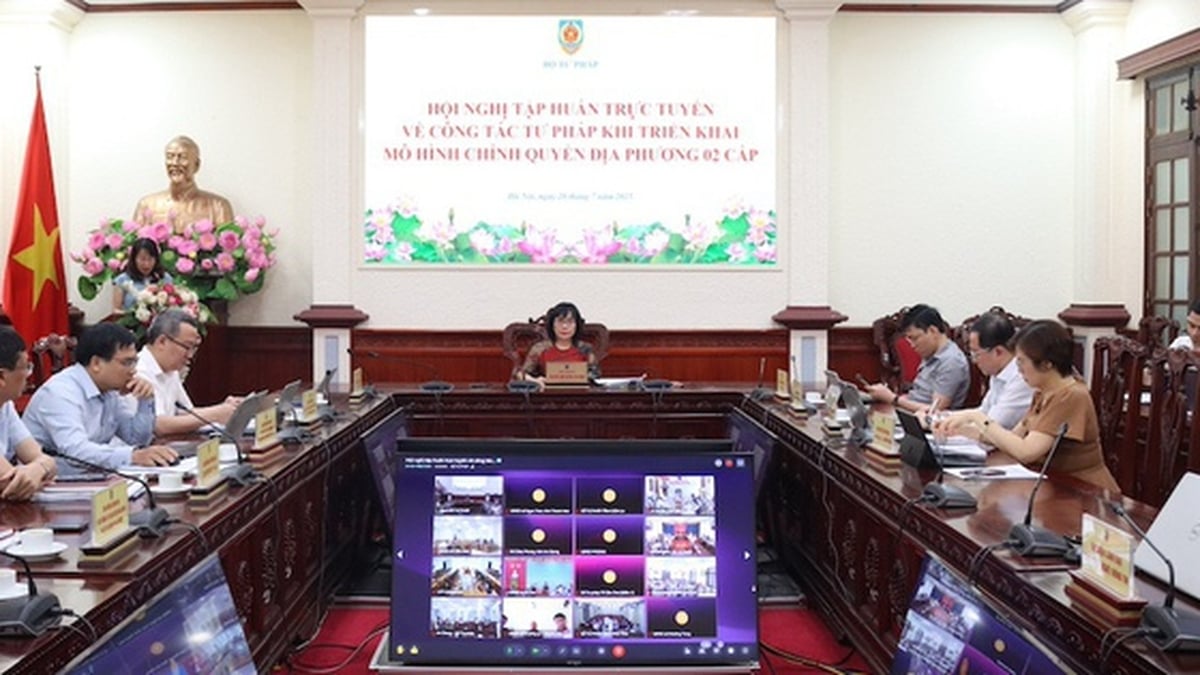
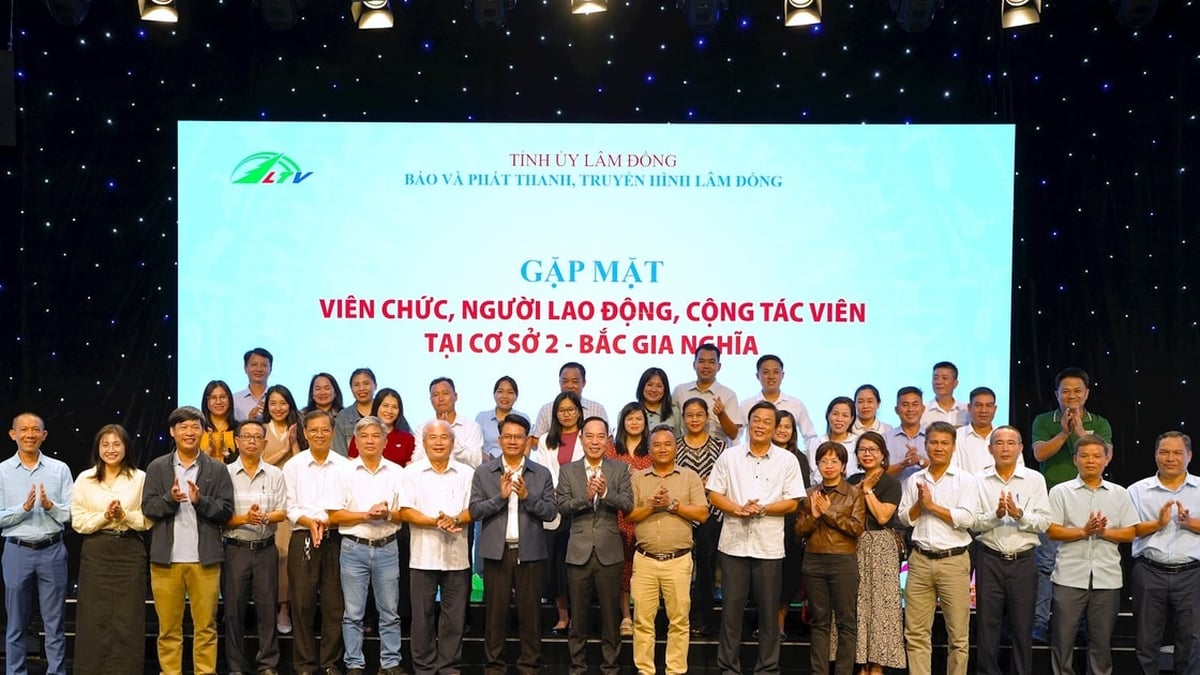

















![[Photo] National Assembly Chairman Tran Thanh Man visits Vietnamese Heroic Mother Ta Thi Tran](https://vphoto.vietnam.vn/thumb/1200x675/vietnam/resource/IMAGE/2025/7/20/765c0bd057dd44ad83ab89fe0255b783)




































































Comment (0)